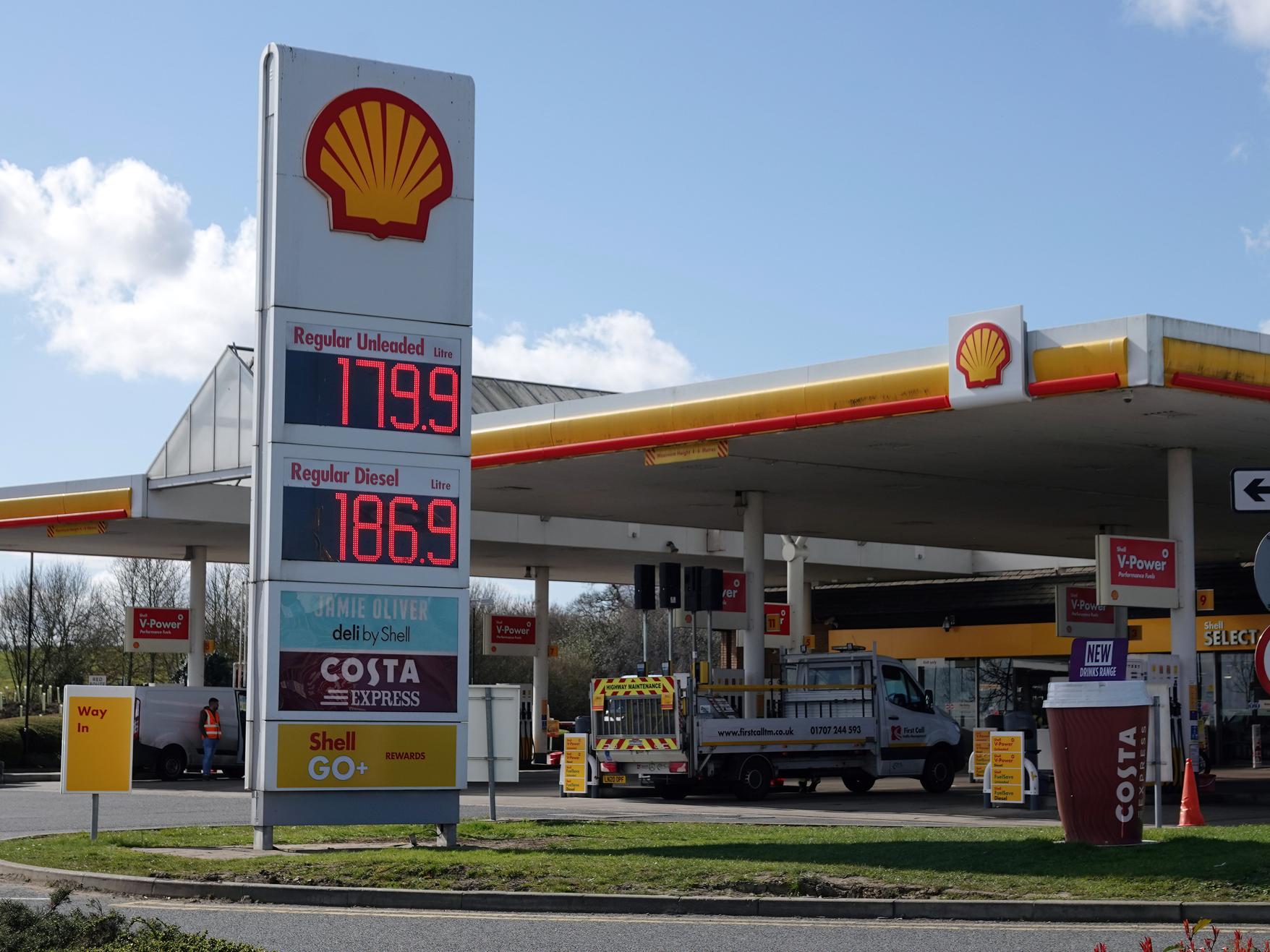
Brian Sims
Editor

Brian Sims
Editor
INCIDENTS OF unpaid fuel increased by 2.6% between April and June. That’s according to the latest Forecourt Crime Index issued by the British Oil Security Syndicate (BOSS). While No Means of Payment incidents have fallen, the Forecourt Crime Index has been pushed upwards due to a jump in reports of drive-off episodes.

During Q2, unpaid fuel incident reports rose at a higher rate than for Q1, leading the Forecourt Crime Index to increase to 238.3. Incidents of No Means of Payment were 4.1% lower than in the previous quarter, continuing the decline of recent months, while Drive-Off-Failure-to-Pay reports saw their largest rise in 12 months, jumping 12.8% higher than in Q1.
The average number of unpaid fuel incident reports per site increased by 2.4% to 28.8 per site with No Means of Payment incidents accounting for 56.4% of unpaid fuel reports being made to Payment Watch.
The average cost of No Means of Payment incidents increased by 3.7% to £69.89 (versus £67.40 in Q1 2024), while the average cost of a Drive-Off-Failure-to-Pay incident eased to £49.76 per incident (the equivalent figure for Q1 standing at £50.12 per incident).
The uplift in the Forecourt Crime Index occurred during a period of rising fuel prices with the average cost of unleaded petrol increasing to 147.8 pence per litre compared to 141.3 in Q1.
The average number of litres drawn in a No Means of Payment incident increased to 44.88 (43.52 litres: Q1 2024). Litres of fuel taken in Drive-Off-Failure-to-Pay incidents eased to an average of 32.2 litres per incident (33.41 litres: Q4 2023).
Contributing factors
Claire Nichol, executive director at BOSS, explained: “This rise in unpaid fuel reports is primarily driven by a significant increase in drive-off incidents, where motorists intentionally leave petrol stations without paying for fuel.”
Further, Nichol commented: “Economic pressures, including rising fuel prices and cost-of-living challenges, are contributing factors, leading some individuals to resort to fuel theft. Additionally, the ease of committing drive-off theft, and particularly so in busy forecourt environments with limited surveillance, has exacerbated the problem. The report highlights the need for improved security measures to deter such crimes and protect businesses from further losses.”
Nichol added: “Forecourt managers can take steps to prevent unpaid fuel incidents by increasing staff vigilance. Ensuring that surveillance systems are fully operational can also reduce fuel theft occurrences.”
*Forecourt crime reduction guides that help forecourt retailers reduce incidents and maintain forecourts as safe places in which to work and shop are available from BOSS by visiting www.bossuk.org
Dorset House
64 High Street
East Grinstead
RH19 3DE
UNITED KINGDOM
01342 31 4300